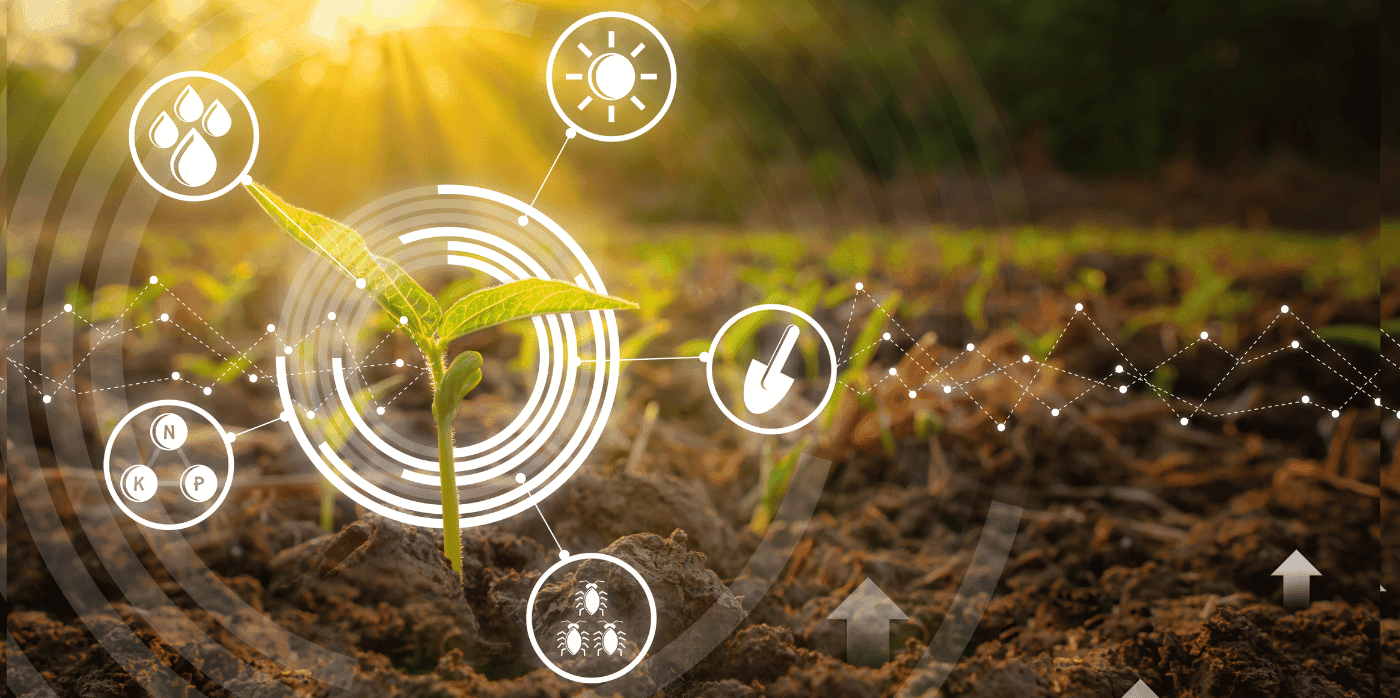
Spotted: There is a significant gap in agricultural production in Africa, with the continent being home to 25 per cent of the world’s arable land, but responsible for only 10 per cent of global agricultural output. Researchers point to the legacy of “export-oriented colonial agricultural production systems” that have resulted in Africa being the only region in the world where increased exports caused a reduction in food production per capita.
Ghana-based fintech company Wami Agro is working hard to close the gap by turning smallholder farmers into stewards of high-production, yet sustainable land. Through a bundle of services, Wami Agro provides credit, access to fair trade markets and prices, and education that increases knowledge and resilience among farmers, thereby lessening shocks to supply chains and providing a steadier source of income to thousands of families.
Many of the farmers that Wami Agro works with are women, and, given that this group has generally been underserved by traditional credit systems, the company’s input finance solution, Wami Credit, enables more and more people to become self-sufficient and provide for their families. Wami Credit supplies farmers with seeds, tools, and fertiliser via Village Savings and Loan Associations (VSLAs) that fund farmers with little to no access to commercial bank credit. Wami Agro takes repayment of its loans via the commercial sales of a farmer’s crop.
Wami Market, meanwhile, provides reliable market access with fair prices by buying from various smallholders and selling in bulk to distributors and retailers in Europe and beyond. The buyers, for their part, receive a fully traceable product that is grown with biodiverse, regenerative methods that enrich local environments.
Wami Info is a third solution that educates farmers on new techniques for building capacity and provides important weather updates in local dialects to help improve long-term resilience, even in changing climates.
The startup is currently focusing on further developing its technology and plans to incorporate artificial intelligence (AI) for more personalised weather alerts. The company also plans to continue expanding its network of farmers, regionally and internationally.
Smallholder farmers are such an important part of the global economy that Springwise’s library includes a variety of innovations highlighting their contributions and improvements to the world’s food and produce supply chains. Examples include using regenerative farming to sequester carbon and using microforests to retain and regrow important regions of biodiversity.
Written By: Keely Khoury

